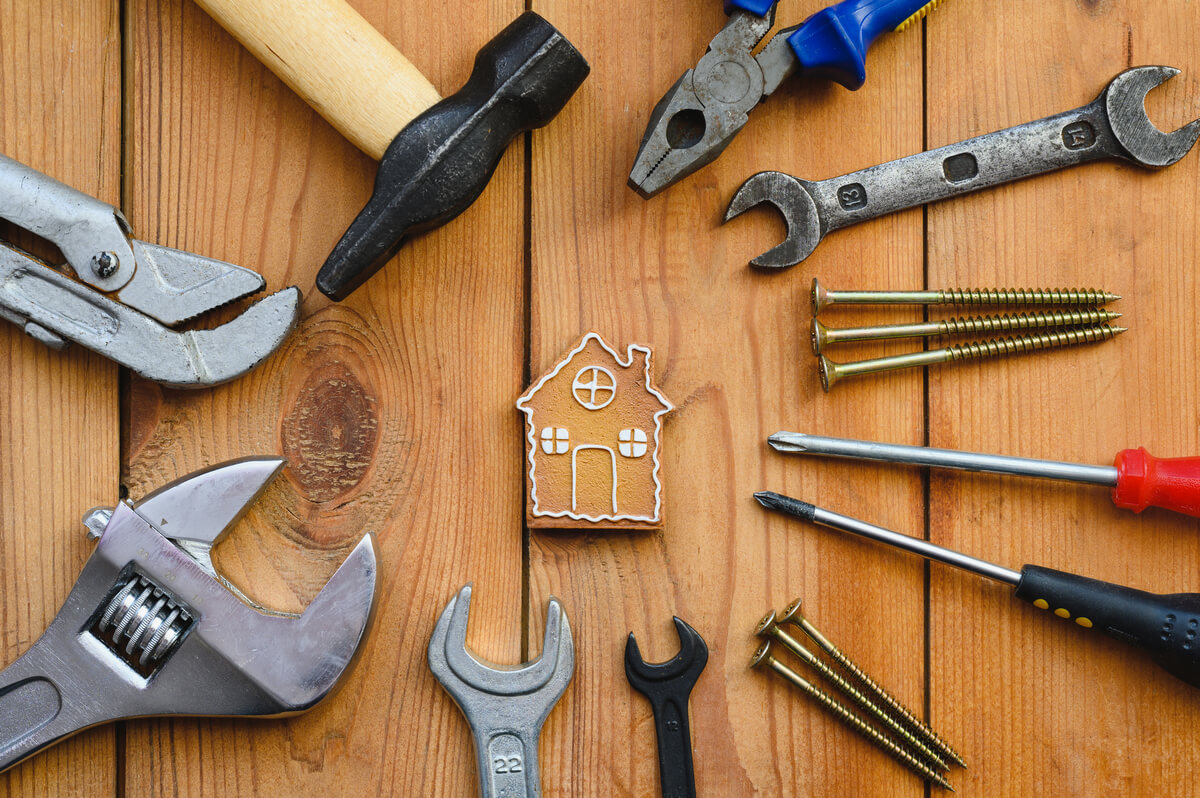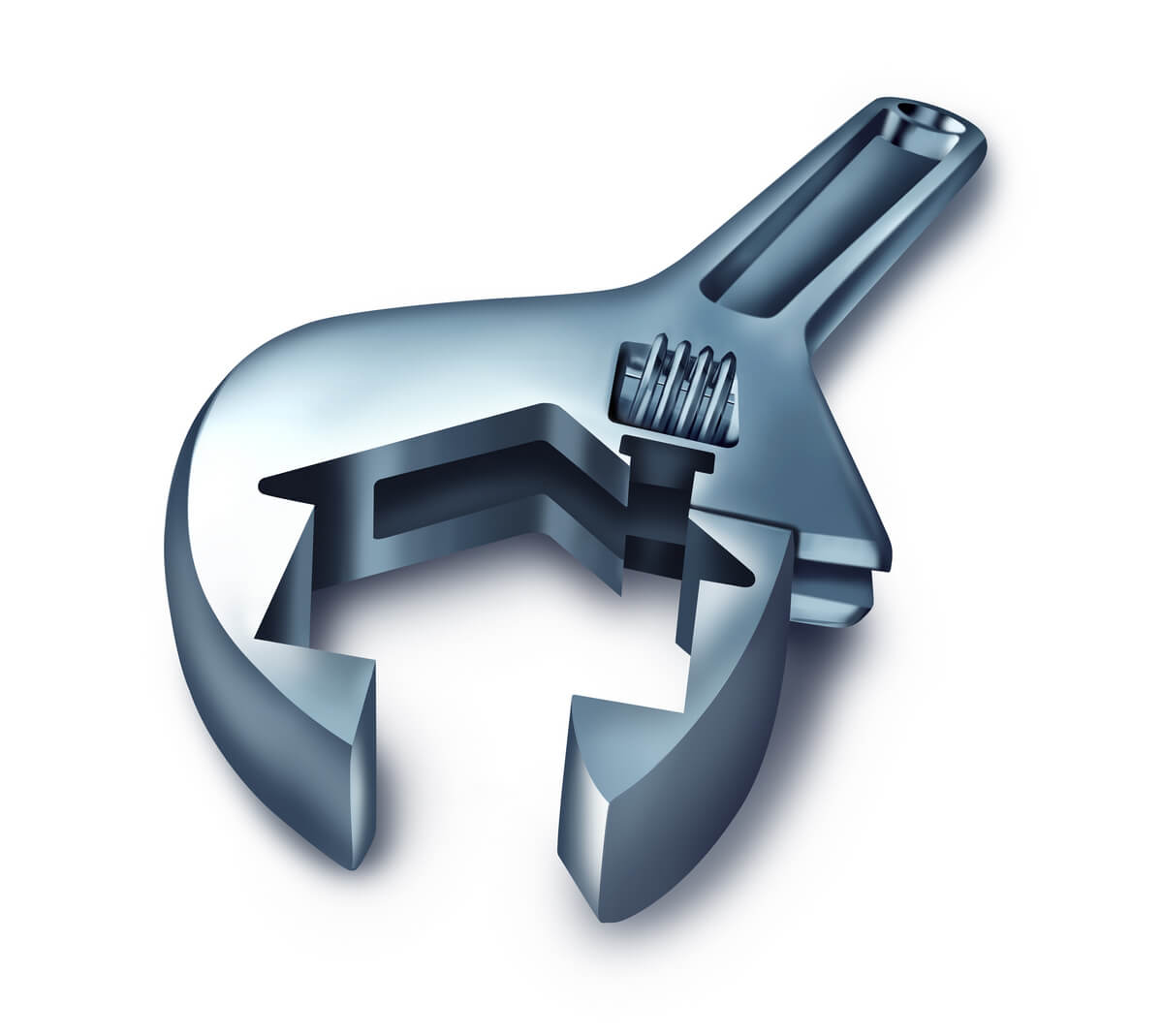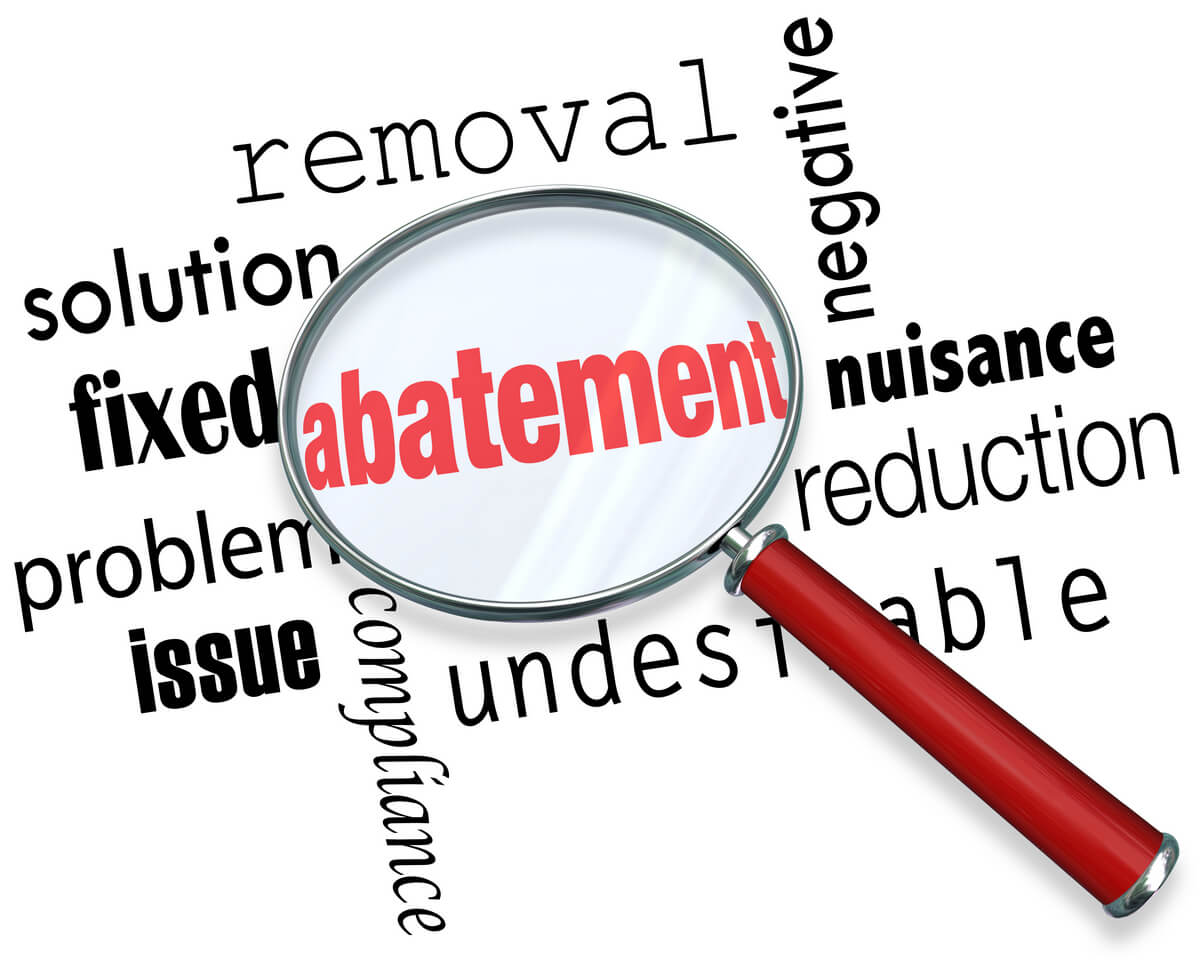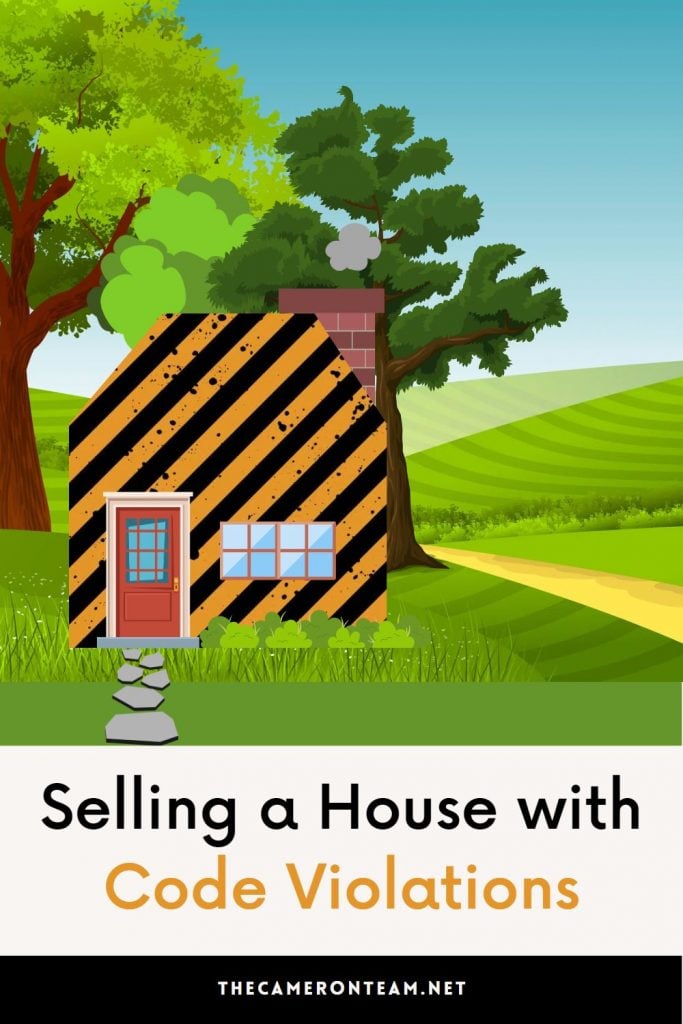Discovering code violations while trying to sell your home can be extremely frustrating. Minor code violations may not be a big deal, but significant violations could prevent your home from selling. You do have several options for proceeding with the sale, though. Here’s everything you need to know about selling a home with code violations:

Common Code Violations
Code violations are much more common in older construction homes, but they can occur in any property. Violations often result from DIY repairs and renovations, but subpar work from contractors may also violate code. There are many specific building requirements in every municipality, so it can feel impossible for homeowners to keep up-to-date on every regulation. Homeowners are sometimes shocked to discover that their home has code violations because they truly believed that all the work done on the property was up to standard.
Building codes vary from place to place, and many codes are created due to climate and geography. You should look into the specific codes for your municipality if you’re concerned that your home may have a violation. The following are some of the most common violations:
- Renovations without permits: Some renovations can be done without permits, but others require a permit to stay in compliance with local regulations. If the work isn’t up to code, you may have to demolish the renovation.
- Misplaced smoke alarms: Many municipalities require that homes have a smoke alarm outside each bedroom and on every level of the house. Missing or misplaced alarms are a common but easily fixed violation.
- Window issues: Holes or cracks in the glazing of your windows can be a code violation. Additionally, windows need to be supported with frames that are securely attached to the wall to prevent moisture damage and mold.
- Improper bathroom venting: The fans in your bathroom must vent outside, not into the attic or another space in your home. This helps to prevent moisture buildup in the house.
- Missing GFCIs: Ground-fault circuit interrupters, or GFCIs, are an important safety feature in your home’s electrical system. GCFI outlets are required in bathrooms, kitchens, and certain other locations in your home. Missing or defective GFCIs are a code violation and a major safety concern.
- Overloaded electrical panel: Overloaded panels are a common issue in older homes that have been remodeled. This can create a serious fire risk.
- Handrails without returns: Railings in your home should turn into the wall at the end so that clothing doesn’t get caught while walking up or down the stairs.
In some locations, buildings are held to the code that was in place at the time the structure was built. If you own an older home, certain code violations may be grandfathered in. This doesn’t apply to all locations or all code violations, though, so you should check with your municipality if you have any concerns.
Local Code Administration Offices

What Happens if You Have a Code Violation?
Code violations are sometimes discovered by home inspectors or contractors. It’s very common for violations to be identified when selling a home because an inspection is almost always part of the process. If a professional makes you aware of a violation, you can choose how to proceed. However, your local government may become involved if someone makes a complaint to the municipality. In this case, a code enforcement officer may visit your home to assess the complaint. If your house has a violation, they may give you a deadline to correct the issue.
Some minor code violations may not need to be fixed before selling your house. In some cases, state or local laws require that safety issues be fixed before putting a property on the market. The buyer’s mortgage company may also require code violations to be fixed before proceeding with the transaction. Homeowners insurance can be more expensive for a home with violations, too.
Your buyer may also choose on their own to walk away from the sale when they discover the violations. Most transactions include a home inspection contingency, which can reveal code issues. Inspectors don’t look specifically for code violations, but they will point out any safety issues or functional problems with the property. This can be especially challenging for sellers in a buyer’s market. If the buyer has plenty of other options, they may not want to negotiate or put their money into the necessary repairs.

Disclosing Code Violations to Buyers
Almost all states, including North Carolina, have laws requiring sellers to inform buyers of structural issues or safety problems in the home. If you’re selling a house with code violations, you must disclose them to prospective buyers. Not doing so could result in a lawsuit.
You don’t need to disclose a grandfathered code violation. However, you should always disclose safety issues. Even if you don’t inform the buyer of any problems, the inspector will call attention to safety concerns. It’s best to earn the buyer’s trust upfront.

Solutions for Code Violations When Selling Your House
Discovering that your home has code violations is frustrating, but there are a few ways you could proceed. Your first option is to fix the violations before selling the house. Many code violations can be corrected for less than $1,000. Fixing these minor issues may be your easiest solution, and it assures the buyer that you take good care of the property.
Unfortunately, fixing larger and more serious violations may not be within your budget. If you can’t correct a violation, you could offer a repair credit to the buyer. This is a specific dollar amount that the buyer will then use toward bringing the house up to code. Not all mortgage lenders allow transactions that include a repair credit, so another option is to simply negotiate a lower selling price.
If you’re struggling to negotiate with buyers, you could also sell your home as-is to a cash buyer. Whether or not this is a wise option depends on the current market conditions. You and your real estate agent can discuss the benefits and drawbacks of an as-is sale. You probably won’t get a high price for your home, but it can be a quick and simple transaction.
Code violations can make selling your home more complicated, but it’s not a hopeless situation. You could correct the violations yourself or negotiate with the buyer. The best path forward depends on the specific violations and the current real estate market conditions. If you’re not sure what to do, you should consult with your Realtor about your options.




